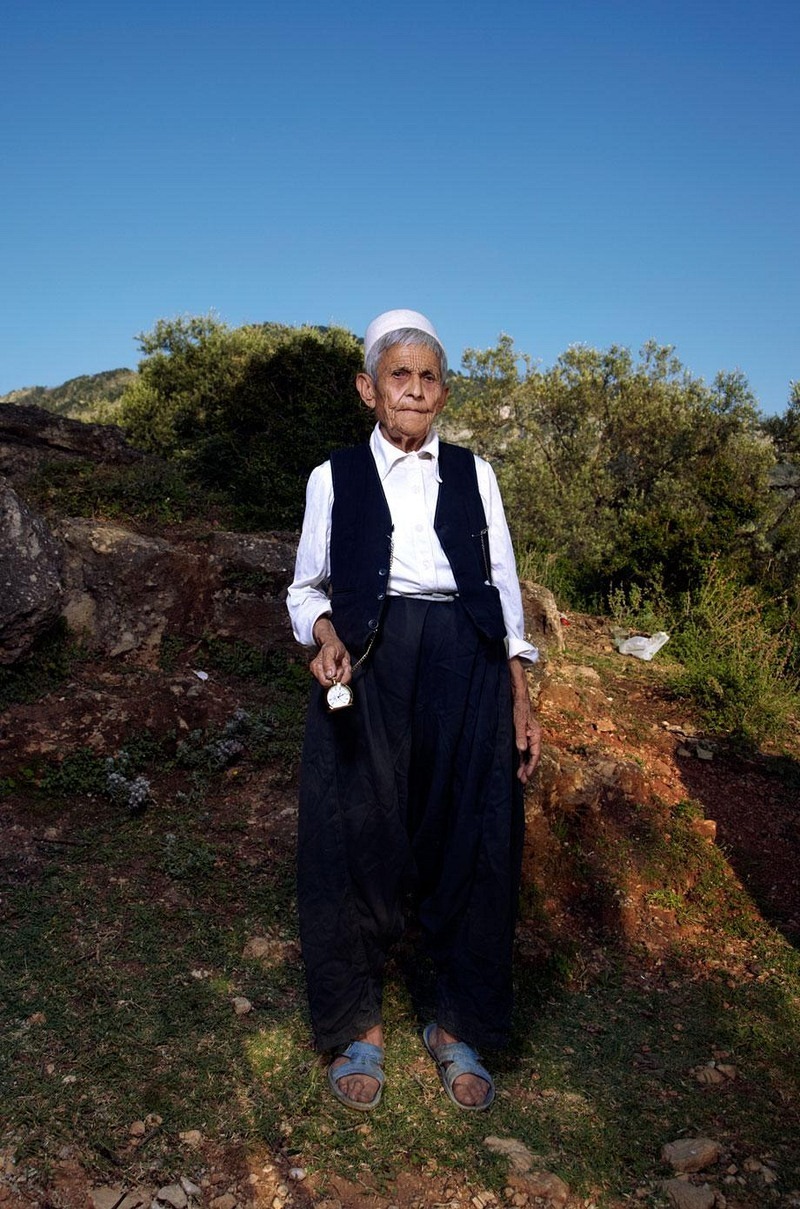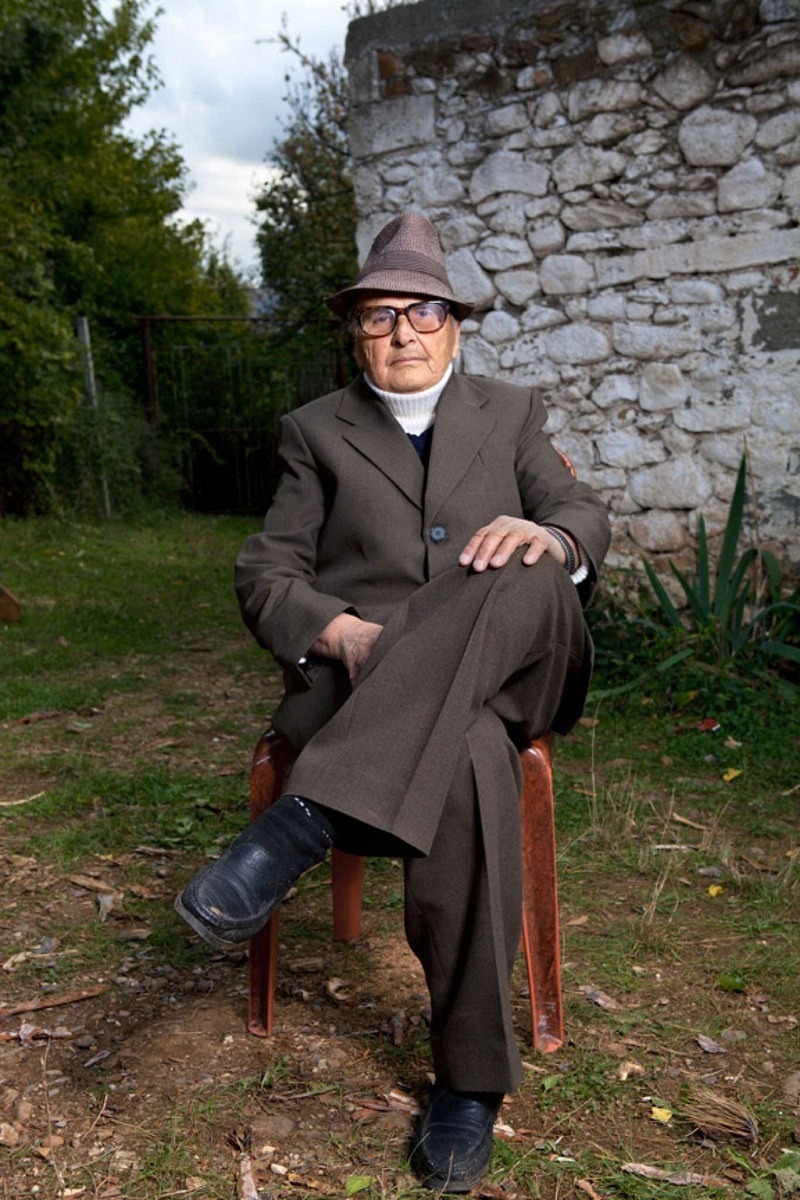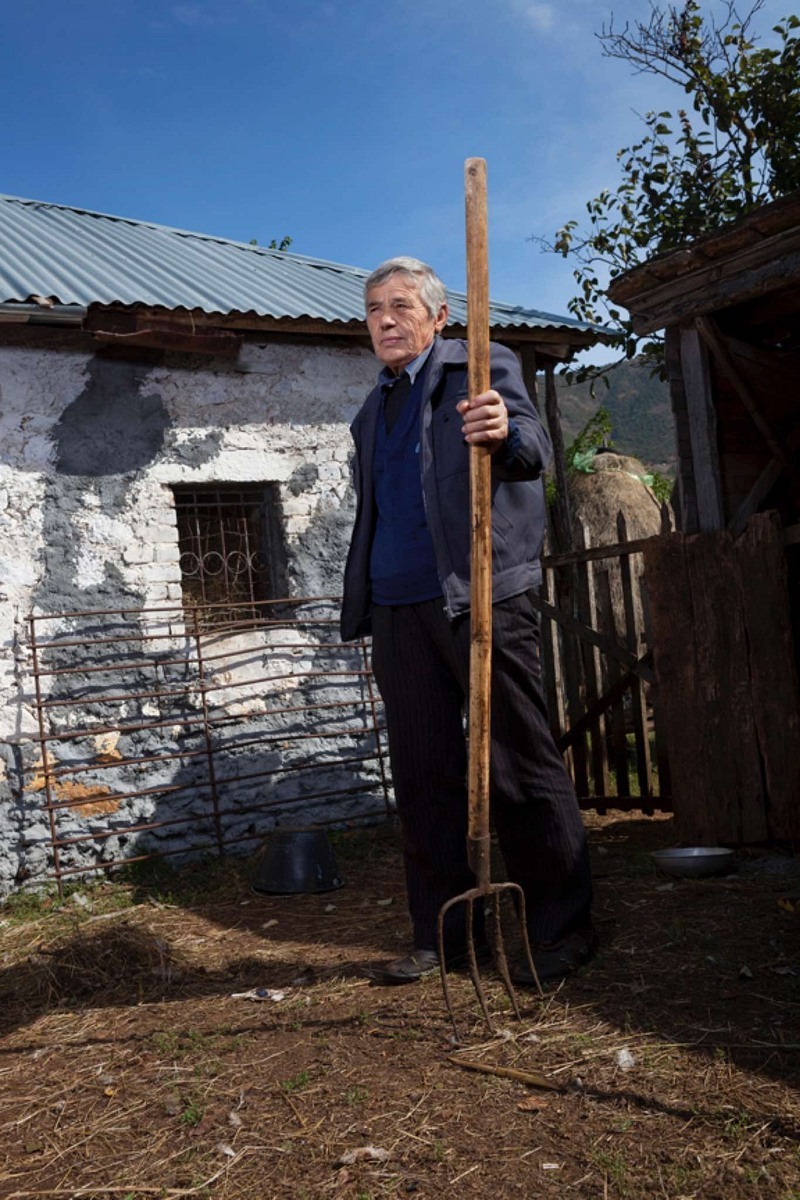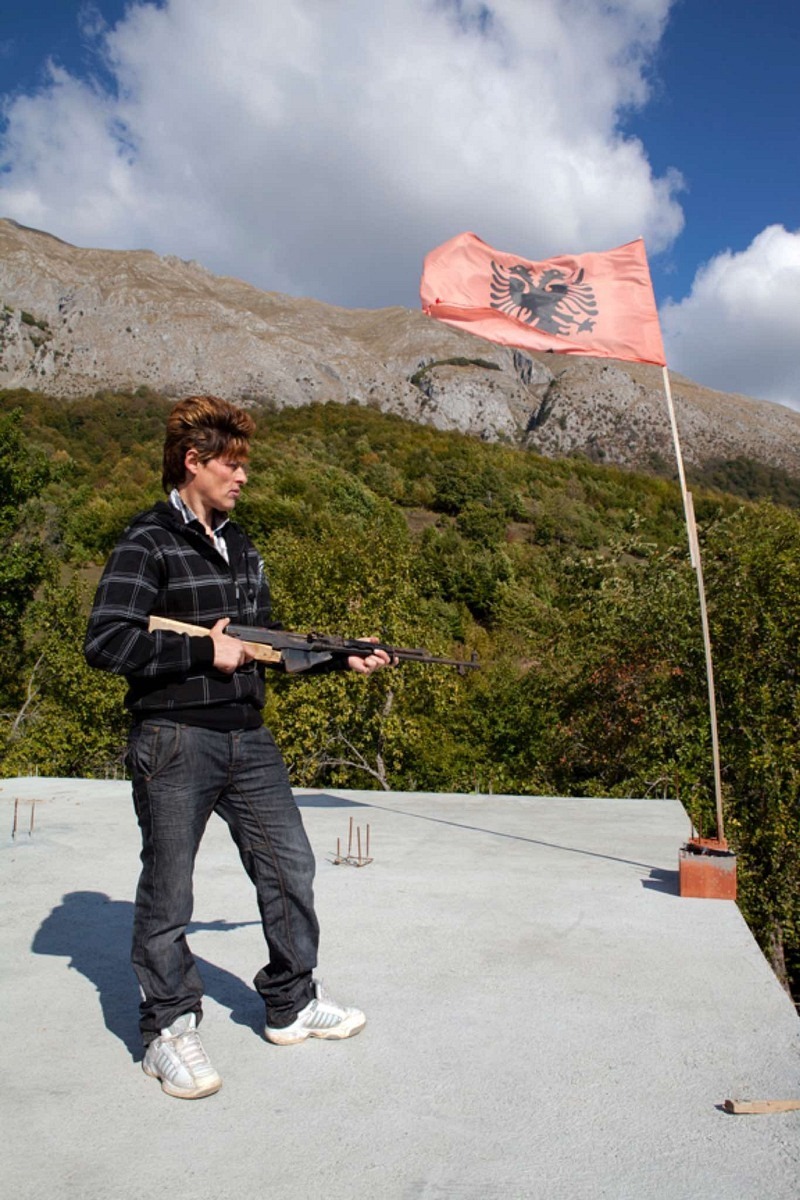- Joined
- Jan 25, 2014
- Messages
- 11,992
- Reaction score
- 1,412
- Points
- 159
Women Who Become Men: The Sworn Virgins of Albania
amusingplanet | by Kaushik | January 30, 2018
In the remote mountains of northern Albania are villages where there are women who live and act like men. They have short hair, wear baggy pants, and have a male name. They drink and smoke in the company of men, carry guns, and take up manly livelihoods such as shepherds or truck drivers. But they are not transsexuals or cross-dressers. These women have chosen to lead a man’s life not to express their sexuality but to escape the oppressive dominance of the patriarchal system. They are called sworn virgins or burrnesha.
However, such a privilege comes at a cost. Each sworn virgin has taken a vow of lifelong virginity and chastity—a sacrifice none of these women have ever regretted making.

Throughout modern history, the women of the remote mountains of northern Albania, like anywhere else, have had very few rights. They cannot vote, hold certain kinds of jobs, buy land or enter many establishments. They can’t inherit property, conduct business or earn money, smoke, wear a watch or even swear out loud. These ancient laws and social customs, called Kanun of Leke Dukagjini, has been passed on orally among the clans of northern Albania for more than five centuries. It still governs the region.
The Kanun dictates that women are the property of their husbands. Marriages should be arranged and fixed at birth or in early childhood. Once a woman is deemed eligible to marry, she moves out of her parents' home and into that of her husband. Taking care of her husband and children, and maintaining her home then becomes her only duty.
The first sworn virgin was born out of social necessity. If the patriarch of the family dies and there is no male heir, an unmarried woman in the family could take on the role of a man and head the family. She takes an irrevocable oath, in front of twelve village or tribal elders, to practice celibacy, and from that day on she becomes a man. She can wear pants, own property, take on male work and entitled to all the rights and privileges of the male population.
Over the years, women became sworn virgins for different reasons. Some swore to avoid an arranged marriage without disgracing the family of the selected groom. Others swore to express their defiance and desire for independence. While sworn virgins may never experience the pleasures of womanhood, of having a lifelong partner or bearing children, the allure of freedom—from oppression, from constant physical labor, from submission to men—is enough for many women to take the oath.
"Stripping off their sexuality by pledging to remain virgins was a way for these women in a male-dominated, segregated society to engage in public life," says Linda Gusia, a professor of gender studies at the University of Pristina in Kosovo. "It was about surviving in a world where men rule."
In the past few decades, Albania has made considerable progress on the issue of women rights but in many regions in the mountains in the north of the country, modernity has not reached yet.
American photographer Jill Peters travelled to northern Albania to meet and photograph these women who represent some the last sworn virgins of the country. It is estimated there are only about a hundred or fewer such women left. As modernity slowly creeps into Albania's remote rural regions, this tradition is going to die out.







All Photos Credit: Jill Peters
amusingplanet | by Kaushik | January 30, 2018
In the remote mountains of northern Albania are villages where there are women who live and act like men. They have short hair, wear baggy pants, and have a male name. They drink and smoke in the company of men, carry guns, and take up manly livelihoods such as shepherds or truck drivers. But they are not transsexuals or cross-dressers. These women have chosen to lead a man’s life not to express their sexuality but to escape the oppressive dominance of the patriarchal system. They are called sworn virgins or burrnesha.
However, such a privilege comes at a cost. Each sworn virgin has taken a vow of lifelong virginity and chastity—a sacrifice none of these women have ever regretted making.
Throughout modern history, the women of the remote mountains of northern Albania, like anywhere else, have had very few rights. They cannot vote, hold certain kinds of jobs, buy land or enter many establishments. They can’t inherit property, conduct business or earn money, smoke, wear a watch or even swear out loud. These ancient laws and social customs, called Kanun of Leke Dukagjini, has been passed on orally among the clans of northern Albania for more than five centuries. It still governs the region.
The Kanun dictates that women are the property of their husbands. Marriages should be arranged and fixed at birth or in early childhood. Once a woman is deemed eligible to marry, she moves out of her parents' home and into that of her husband. Taking care of her husband and children, and maintaining her home then becomes her only duty.
The first sworn virgin was born out of social necessity. If the patriarch of the family dies and there is no male heir, an unmarried woman in the family could take on the role of a man and head the family. She takes an irrevocable oath, in front of twelve village or tribal elders, to practice celibacy, and from that day on she becomes a man. She can wear pants, own property, take on male work and entitled to all the rights and privileges of the male population.
Over the years, women became sworn virgins for different reasons. Some swore to avoid an arranged marriage without disgracing the family of the selected groom. Others swore to express their defiance and desire for independence. While sworn virgins may never experience the pleasures of womanhood, of having a lifelong partner or bearing children, the allure of freedom—from oppression, from constant physical labor, from submission to men—is enough for many women to take the oath.
"Stripping off their sexuality by pledging to remain virgins was a way for these women in a male-dominated, segregated society to engage in public life," says Linda Gusia, a professor of gender studies at the University of Pristina in Kosovo. "It was about surviving in a world where men rule."
In the past few decades, Albania has made considerable progress on the issue of women rights but in many regions in the mountains in the north of the country, modernity has not reached yet.
American photographer Jill Peters travelled to northern Albania to meet and photograph these women who represent some the last sworn virgins of the country. It is estimated there are only about a hundred or fewer such women left. As modernity slowly creeps into Albania's remote rural regions, this tradition is going to die out.
All Photos Credit: Jill Peters
